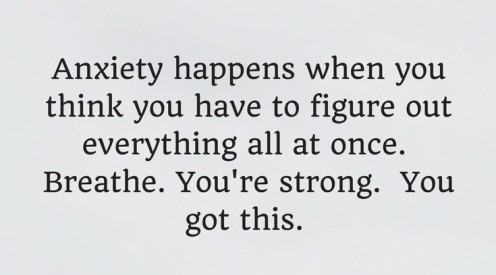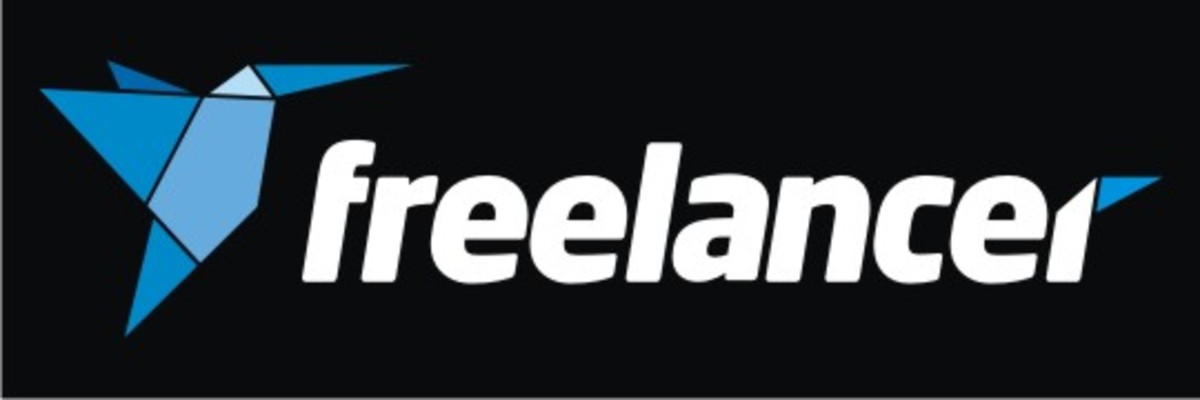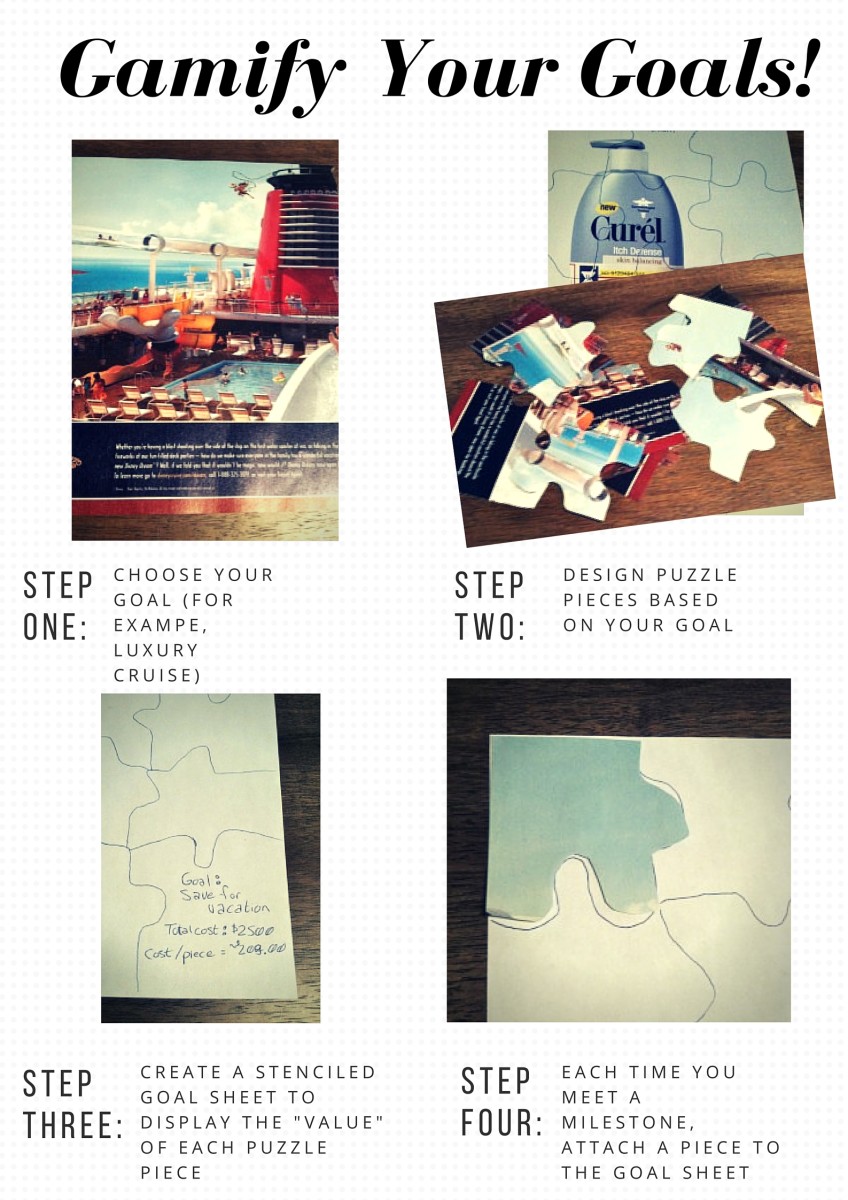Coach 2 Coach: How to Turn a Prospective Client Into an Active Coaching Client

I've found a potential client! Now what?
Woohoo! You've finally connect with someone who's looking for a life coach!
And now that you've got them on the line, what do you say to take them from a prospective client into an active client?
Let's go over some of the first best actions you can take to show your prospective client they need you in their lives.
How many clients have you worked with so far?
#1. Relax
Whether this is your 1st or 100th prospective client, pre-session jitters are completely understandable, especially when you're still working on building your own preparation systems. Problem is, it does no good if you feed anxiety or doubt.
This is why the very first thing every life coach must do when working with a prospective client is to RELAX.
And no, I'm not suggest that you've got some hidden switch that you can just flick to turn off your nerves. Wouldn't it be nice if our emotions ran on switches and buttons? That would be so much easier!
No, instead of going to that needless place, let's think more resourcefully; meaning, let's think about this as if we were our own coaching client.
How would you help a client who was experiencing anxiety about talking to their customers or someone at work?
One of my favorite breakthrough practices is creating new rituals designed to assist you in developing the habits you want and disarming the habits you no longer need.
How to Create a New Habit
Pre-Session
| Post-Session
|
|---|---|
Mantras/Affirmations
| Write down Accomplishments
|
Intention Setting
| Write in a Journal
|
Meditation
| Eat a Forbidden Treat
|
What are your pre-session rituals? (Share them in the comment section below!)

#2. Ask for Action
What are you struggling with most right now?
What brings you the most joy?
What's on your mind?
How long have you been struggling with (insert obstacle here)?
What are three things you're scary good at?
Open ended questions are every coaches most reliable resource, and they should be put to use most of all when you're first building rapport with your prospective client. Open ended questions do two very important things for you and for your client.
- Because open-ended questions require thoughtful answers, your prospect will feel like you really care to know them more deeply than others do.
- They'll help you qualify your prospects for coachability
Coachability is especially important to look for in your initial communications with a client, especially if your work with them will primarily be through email, text, app, or phone sessions. If this prospect can't be bothered or cannot will themselves to answer an open-ended question, how easy do you think it's going to be to get them to follow through on needed habit changes?
Those who answer your questions are 75% more likely to commit to coaching and to making the changes they need to in order to succeed. This doesn't guarantee they'll be the Polyanna of coaching clients, but it does show they're much more likely to push themselves to take that chance and truly try something new to get real results.
Make sure you honor each client who answers your initial questions. It will start all your sessions out with gratitude: one most powerful vibration between a coach and client.
#3. Acceptance & Assurance
The majority of your new clients will be primarily focused on what they feel their life currently lacks. If you run across a potential client who's focused on higher quality obstacles, give them a hug and get them on your schedule as often as you can. Though until those clients start manifesting for you, keep it in the front of your mind that most of your new clients are going to be stuck in a funk in their heads.
They'll be coming to you with the expectation that you'll relieve the pressure their feeling in their hearts and their heads, with the least amount of pain or struggle in the process.
Now, you and I both know that we coaches have no magic wands that can just wipe away all our clients fears, obstacles, and stressors. Your clients now this also, but only on an intellectual level. Subconsciously, they know already that they are the only ones who can resolve their life problems, but they're still hoping to find that magic bullet which will make it all easy and struggle free.
So your job at this point, is to provide them with the two things they don't realize they really need to give themselves:
- Acceptance
- Assurance
Acceptance that what they're experiencing is valid, and assurance that their obstacles aren't terminal.
You can easily provide them with examples of how to generate a little bit of acceptance and assurance for themselves in three simple ways:
- LISTEN like a friend, without a need to reply or get them to commit to anything.
- Acknowledging how formidable the obstacle of their focus can seem,
- Acknowledge how joyful it would be to achieve the life they really want.
As your prospective client answers each of your questions, or opens up naturally about their current situation, follow up their answers with these three steps.
Practice Active Listening
#4. Set the Date
You've centered yourself, you've asked for action, and you've built rapport with your prospect through exemplifying acceptance and assurance; now it's time to repeat those steps IN REVERSE, to turn them from a prospective client into an active client.
3. Acknowledge the obstacles they've shared with you and their desire to be free from them; followed by assuring them that the obstacles in front of them can be overcome with minimal pain.
2. Ask for Action: Give them a date when YOU are available to coach, and ask them to choose between two different times when you are to have a FREE exploratory session with them.
1. RELAX. Fight the impulse to try and qualify yourself or increase your value. Once you've asked them to commit to that first free session, your job is to relax your mind and wait patiently to hear from them. Yes, there is a chance they might say no. Though if that happens, count it as a BLESSING and move forward knowing you have plenty of space to receive clients who are READY to accept the guidance you can offer them.
#5. Assign Homework
Adult homework assignments might seem lame at first, but you'll soon see them as your best friend. Homework assigning does many things for you and your clients, and when working with a new client whom you've just gotten to commit to an exploratory session, they're essential to setting up a secure foundation for your future coaching relationship with them.
In doing so, you will again qualify your potential new client by testing their coachability, commitment level, and ability to separate small challenges from large ones.
Your initial assignment doesn't need to be long or complex either. The objective is simply to find out how likely they are to actually show up for your initial session, and how resistant they are to simple challenges and shallow introspection.
My own exploratory assessment survey's are just a one page set of questions varying from super simple ones that don't require a second though (ex: what are your hobbies?), to ones that require a little bit of self-reflection (ex: what are the most effective ways you need a coach to challenge you when you're not standing in your truth?). Questions that I found through a simple google search of creative coaching questions to ask clients.
Below is a list of my favorite questions. Use them or add your own to a simple word document you can send prospective clients who've committed to that first free session with you. Once they turn in it, you can add another win to your own achievements list, and then get to work assessing their answers and how you can use that info to help them manifest the changes they're after.
Who are your role models?
| Who was your childhood role model or idol?
| What would you do first, if you did know what to do?
|
|---|---|---|
What must you believe before you can allow yourself to achieve this goal?
| Is this thought helping or getting in your way?
| Are you expressing a Value or a Fear?
|
Are your current beliefs supporting your needs?
| Are you using this obstacle to beat yourself up, or as a point of growth?
| Is this the problem or the solution?
|
Is this a strength or a limitation?
| How will this matter in 5 years?
| Are you more focused on what's wrong, or whats right?
|
PRO TIP:
Assign Homework BEFORE your exploratory session.

#6. Prospective into Paying
Your first free exploratory session is where your coaching training will be put to the test the most, through the entirety of your coaching relationship with this new person. If they are really ready, and if you can sense the right questions to ask, you will have a new coaching client to add to your calendar.
Getting to that point is your goal.
To do so, keep your focus on two of your best coaching tools:
- Active LISTENING Skills; i.e. Presence
- Open Ended Questions
With those two skills, you can basically just practice the same above skills.
RELAX - ASK - ACKNOWLEDGE/ASSURE
No two clients will be exactly alike in their experience of the world, their current state of consciousness to their own behaviors, or their responsiveness to the open ended questions you ask. As you speak with them, take notes and keep track of which questions they are most responsive to, and which topics they are most resistant to despite the questions you ask. Follow the lead they give you through their responses, and show them in this free session, that you are truly interested in their plight (because you are!).
Keep an eye on the time to keep within your agreed upon session time (usually 1 hour), and when it approaches 20 minutes before the end of your session, redirect your client into focusing on what they are confident they can achieve between now and the time you will next speak with them.
This is the test of tests: If you cannot get them to commit to even a small, simple and conscious change towards the life they want, then this time should be used to explain that coaching is a team effort.
Alternatively, if you can get them to commit to achieving something; even as small as just putting on and lacing up their running shoes once every day, then this is the time to acknowledge them for their courage, assure them that they will achieve their goal, remind them to relax and not worry if they don't accomplish anything else, inform them of your coaching rates, and let them know you'll be sending you a coaching agreement that will need to be completed before your next session.
Giving yourself this extra time near the end of the session, will give you room to answer to any of their fears about committing to you, affording your fees, or anything else that might come up. So don't skimp out on giving yourself this cushion space; it might be this cushion that makes or breaks your clients decision to continue with you or not.
Once they've agreed to commit to achieving something measurable before the next session, repeat the three steps in reverse again. Acknowledge that this is a massive positive step they are taking and assure them it will be worth it. Ask them to repeat to you what they are committing to. Then RELAX.
PRO TIP:
At the beginning of every session, free or otherwise, explain your expectations and your process to your client. If you expect that at the end of every session, they will commit to achieving something between now and the next you'll speak -- tell them this BEFORE you start talking about anything else.
More tips on turning Prospective Clients into PAYING Clients
Coach Carter's Recommended Reading:
Often times it's not a lack of skills or training that holds us back from being awesome Life Coaches; rather, it's doubt -- our lack of belief in ourselves as capable coaches who can lead the lost into the light. I have been struggling with self-esteem and self-confidence challenges since I was a young child, and I still grapple with many of the same challenges today as a thriving life coach. Though I tell you what, finding Tony Robbin's and other personal development experts, has really transformed the way I approach my own fears and the vibration I'm putting out into the world around me. That in and of itself has made me a better coach, and has attracted the abundance into my life that I never believed deep down, that I could manifest.
That journey all started with Tony Robbin's first book: Awaken the Giant Within.
Learn More:
- Life Coaching The Self Using Improvisation
Life coaching is important most especially when it comes to dealing with ourselves. Learn how to use improvisation for personal growth. - Getting Life Coach Certified
Do you want to obtain a certificate in life coaching? - Be Your Own Life Coach: Coaching Self-Assessment and...
Two simple and yet very powerful processes: Be Your Own Life Coach Self-Assessment - to help you coach yourself to find direction, achieve goals, etc. And Stressbuster, to help you gain insight into how you could better manage stress. It works! - Networking Tips: Do Your Business Cards Scream "I'm ...
Do the business cards you use as you begin your new consulting business or networking adventures commit any of the 9 Deadly Newbie Business Card Sins? Read on to find out!
Would you like to see more how to coaching articles?
© 2013 Strategy Coaching









